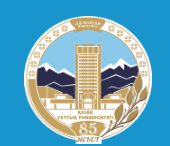UAV operators (in tourism)
Profession will appear after 2030
Trends

Unmanned aerial vehicles (UAVs) in tourism will be used to organize tours to inaccessible places, delivery of goods, products and medicines, as well as "rescuers", providing constant control over the movement of tourists (for example, in the mountains, on the beach, in extreme types of tourism).
The UAV operator is a specialist who remotely controls unmanned aerial vehicles, performs remote control of the tourist route, participates in search and rescue operations of lost tourists. His duties include UAV preparation for flights (adjustment, adjustment), maintenance and safety of flights.
Professional novelty: the use of a new type of "transport" to move both tourists and small goods, as well as to ensure the safety of travel.
Key competencies:
- knowledge of UAV service and configuration
- ability to diagnose the serviceability of devices
- ensuring flight safety
Over-professional skills

Lean

Customer focus

Intersectoral communication

Systemic thinking

Environmental thinking
Educational institutions

Kazakh National University. Al-Farabi
Companies in which this profession may be in demand

LLP Tourist Center "Golden Caravan"

LLP "Turkestan Elite Tour"

Travel company "Sayat"

Kan Tengri Expeditions LLP

LLP "International Travel plus"

TOO "Grande Voyage"

Time Fly Travel LLP

